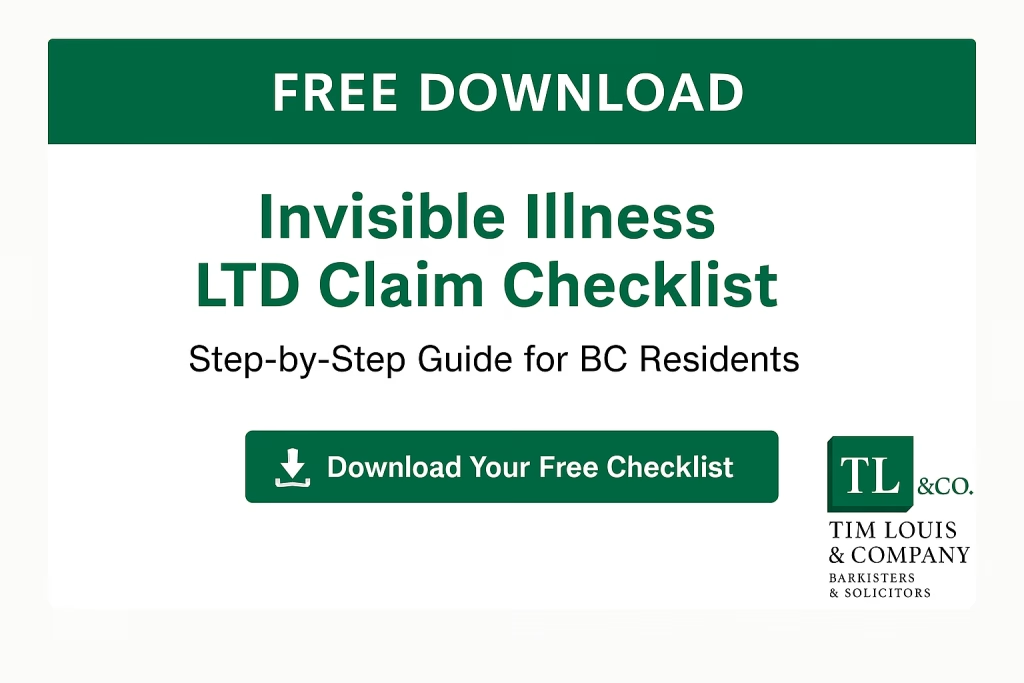
Winter Slip and Fall in Vancouver
Vancouver winter slip and fall claims Winter Slip and Fall in Vancouver: What Evidence Helps and What Deadlines Matter by Personal Injury Lawyer Tim Louis If you slipped on ice, snow, or slush in Vancouver, the two things that matter most are evidence and deadlines. Where you fell can change



















